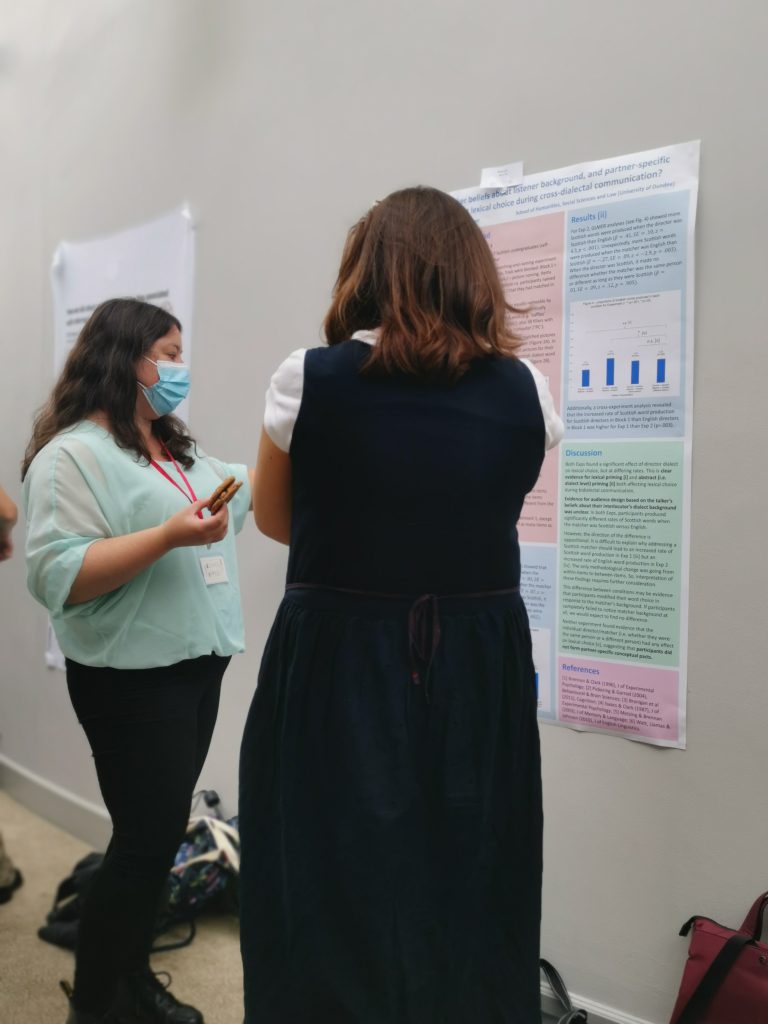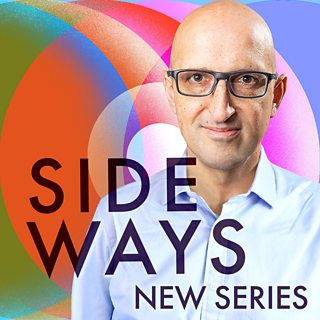After having been postponed twice due to the pandemic, we are very pleased to announce that the International Workshop on Language Production will hold a short online event in November 2021 on three non-consecutive days. The aim of this event is to continue the engagement established over the last two decades and prime the language production community for the (hopefully) in person meeting in Pittsburgh in 2022! The timing of this short event will be a compromise between European and Pacific time zones, around late afternoon / evening in Europe and early morning Pacific.
The IWoLP (https://language-production.cnrs.fr/) is a venue for multi-disciplinary discussion of cognitive science research on how the brain produces language (psycholinguistics, cognitive neuropsychology, linguistics, computational modeling, and neuroimaging). This online meeting is organized around 5 keynote-style talks, a special session on on-line experimentation and short talks sessions. The submission portal for abstracts will open on August 1 and close on September 15. Further information about how to submit will follow shortly.
Preliminary program: Invited speakers
- Eric Lambert (Université de Poitiers): Do motor and rhythmic skills influence the development of written production?
- Tatiana Schnur (Baylor College of Medicine): Connected speech- Insights from acute stroke
- Swathi Kiran (Boston University): TBA
- Meredith Tamminga (University of Pennsylvania): Sociolinguistic variation as a window on language production.”
- Michelle Diaz (Pennsylvania State University): Age-related Similarities and Differences in Processing Phonological Information: Neural and Behavioral Evidence
- Special session on online experiments: Anne Vogt (Humboldt-Universität Berlin), Svetlana Pinet (BCBL), Amie Fairs (Aix-Marseille Université)
The IWoLP website will be updated shortly with further details: https://language-production.cnrs.fr/
We look forward to seeing you online in November!The scientific committee
Xavier Alario (Aix-Marseille), Vic Ferreira (San Diego), Marina Laganaro (Geneva), Alissa Melinger (Dundee), Antje Meyer (Nijmegen), Bonnie Nozari (Pittsburgh)





